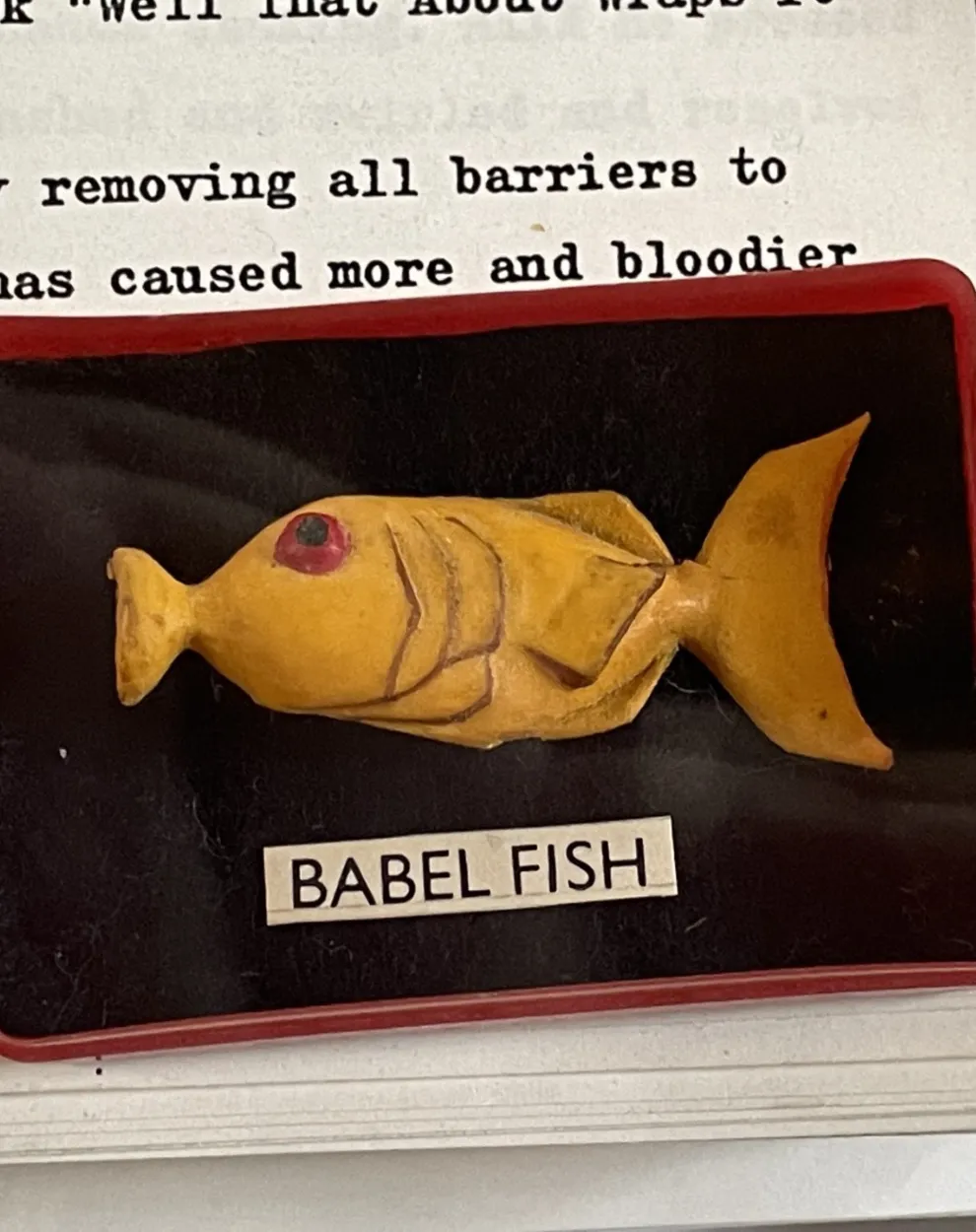
None
Knowledge of a foreign language to at least GCSE level is expected.
Admissions Assessment: Interview candidates for Linguistics will take a written assessment consisting of two data questions and one essay question (60 minutes). More information can be found here.
Submitted Work: None

St John’s usually have 6-8 Linguistics undergraduates, and many students studying MML, AMES, ASNC and Classics also have linguistic interests, making for a Linguistics community that’s diverse, lively, and very active.
St John’s is the only college with a dedicated Linguistics Society. This student-led group runs socials, events, technical know-how sessions and talks. It creates a great opportunity to collaborate and bring together the linguistic community in College and build some committee skills.
Our large student community is diverse and covers many disciplines, so the chances are that in College you’ll come across highly proficient speakers of the languages being covered in your lectures, supervisions and independent reading. This gives you first-hand experience as examples of phenomena you’ve being taught about, or that you independently discover and want to learn more about.
The College supports Linguistics undergraduates to undertake additional courses, such as language qualifications at the University Language Centre or coding or other training programmes. This offers brilliant opportunities for academic extension and developing career-relevant skills.
Watch this video to find out more about the Linguistics course at Cambridge.

